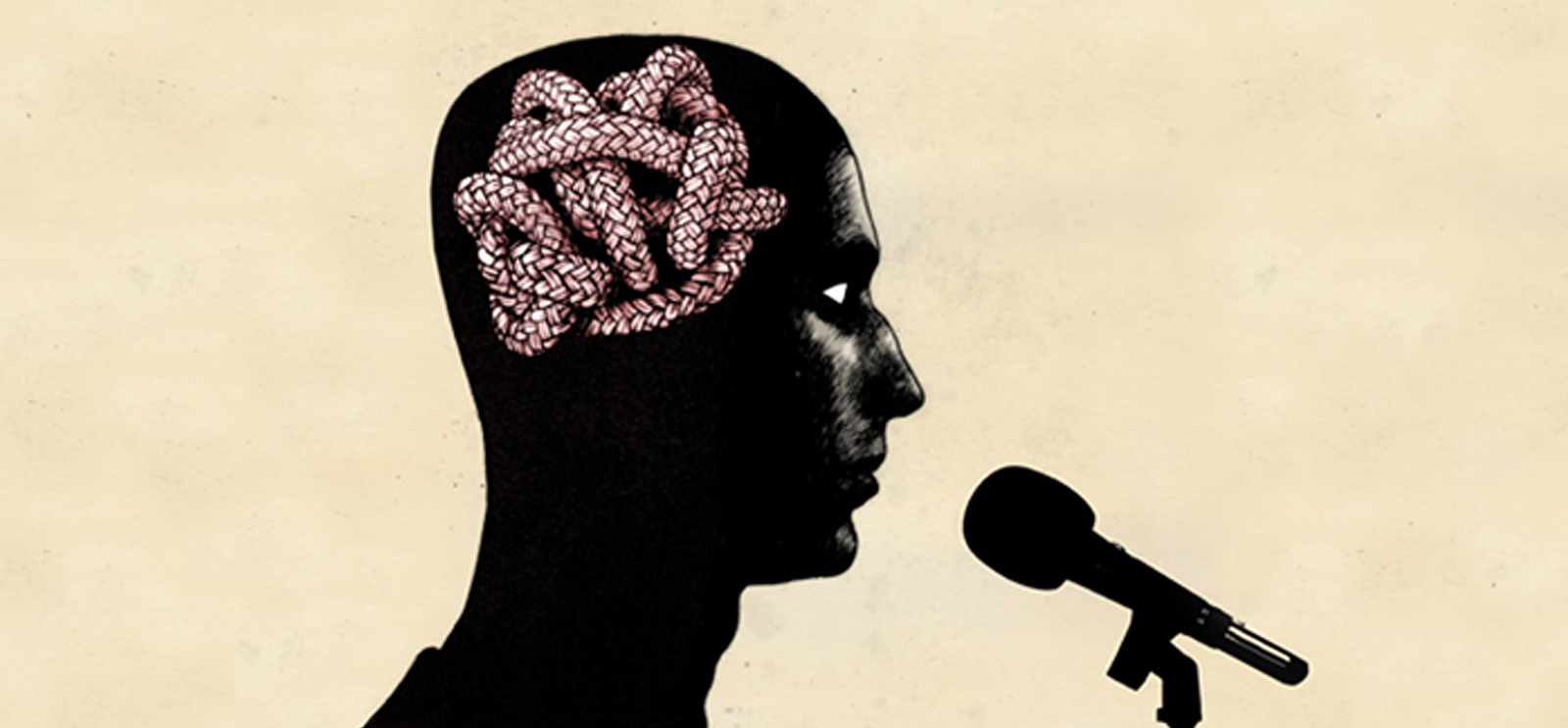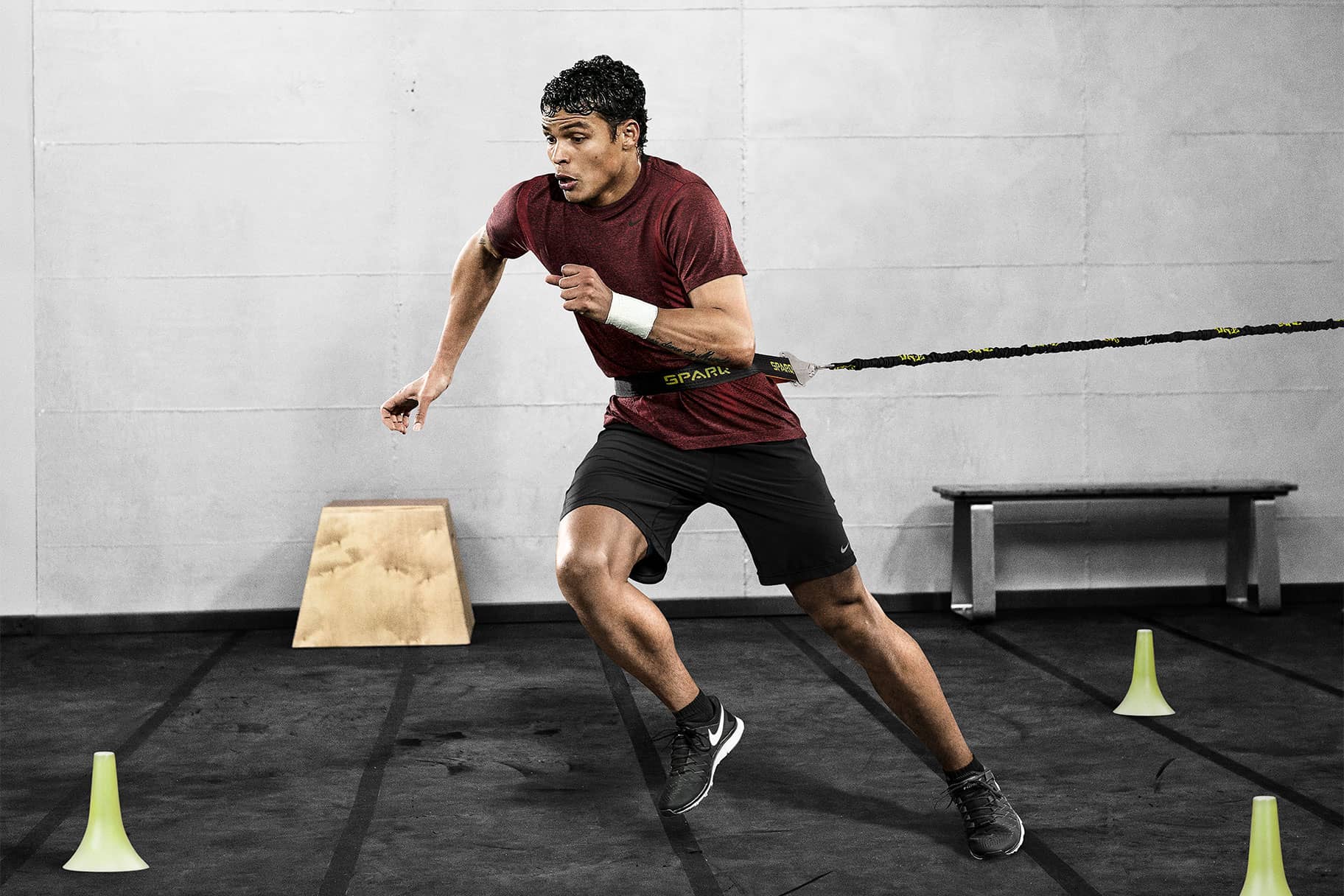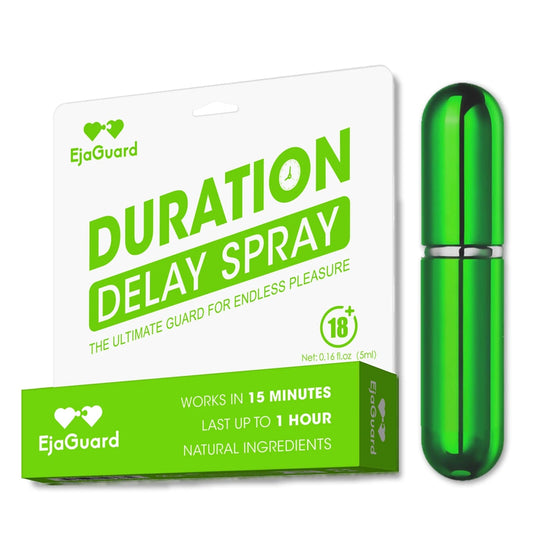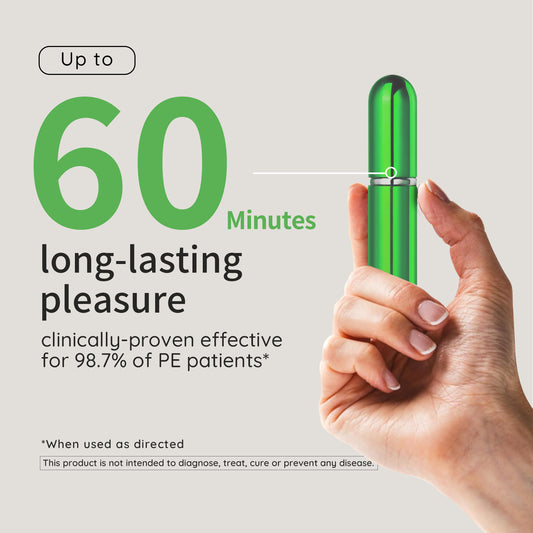Atemtechniken und Lampenfieber
Einführung
Wir kennen das alle. Kurz vor einem wichtigen Ereignis rast das Herz, die Hände werden schweißnass und die Atmung beschleunigt sich. Ob wichtige Präsentation, erstes Date oder Meisterschaftsspiel – Lampenfieber kann einen ganz schön zusetzen. Die gute Nachricht? Die Atmung ist eines der wirksamsten Mittel, um Körper und Geist zu beruhigen.
In diesem Artikel werden wir untersuchen, wie Atemarbeit und Lampenfieber zusammenhängen, warum die Atmung der Schlüssel zur Entspannung ist und welche Techniken am effektivsten sind, um in entscheidenden Momenten wieder Ruhe zu finden.
Weitere Atemtechniken finden Sie in unseremEjaGuard-Blog zum Thema Stressbewältigung. um Ihre Praxis zu vertiefen.
Was sind Auftrittsängste?

Lampenfieber, oft auch als Auftrittsangst oder Lampenfieber bezeichnet, ist die natürliche Reaktion des Körpers auf Stress. In Situationen mit hohem Druck aktiviert der Körper den Kampf-oder-Flucht- Mechanismus.
Typische Symptome sind:
-
Schneller Herzschlag
-
Flache Atmung
-
Schweißige Hände
-
Muskelverspannungen
-
Rasante Gedanken
Ein wenig Adrenalin kann die Konzentration steigern, zu viel davon führt jedoch zu Überforderung. Hier setzt die Atemarbeit an. Durch langsames Atmen signalisieren Sie Ihrem Gehirn und Körper Sicherheit und wandeln nervöse Energie in beständiges Selbstvertrauen um.
Wie Atemübungen das Nervensystem beruhigen

Ihre Atmung ist direkt mit Ihrem Nervensystem verbunden. In Angstsituationen atmen Sie schnell und flach, was dem Gehirn Gefahr signalisiert. Langsame, kontrollierte Atmung aktiviert den Vagusnerv und hilft dem Körper, in einen ruhigen, entspannten Zustand zu gelangen.
Wissenschaftliche Studien belegen, dass Atemübungen die Herzfrequenz senken, den Cortisolspiegel (das Stresshormon) reduzieren und die Konzentration verbessern. Schon einfaches, bewusstes Atmen trägt dazu bei, den Sauerstoff- und Kohlendioxidgehalt im Blut auszugleichen und so sowohl die körperliche Leistungsfähigkeit als auch die geistige Klarheit zu steigern.
Aus diesem Grund nutzen Sportler, Redner und Künstler aller Art Atemtechniken, um unter Druck ruhig zu bleiben.
Die besten Atemtechniken gegen Lampenfieber

1. Box-Atmung (4-4-4-4)
-
4 Sekunden lang einatmen.
-
4 Sekunden lang gedrückt halten
-
Atmen Sie 4 Sekunden lang aus.
-
4 Sekunden lang gedrückt halten
Diese beim Militär bewährte Technik eignet sich ideal für stressige Momente vor einem Auftritt oder einer Besprechung.
2. Zwerchfellatmung
Legen Sie eine Hand auf Ihre Brust und die andere auf Ihren Bauch. Atmen Sie tief ein, sodass sich Ihr Bauch hebt, nicht Ihre Brust. Dadurch gelangen mehr Sauerstoff in die Lunge, der Herzschlag verlangsamt sich und Anspannung löst sich.
3. Wechselatmung durch die Nasenlöcher
Halten Sie Ihr rechtes Nasenloch mit dem Daumen zu, atmen Sie durch das linke ein und wechseln Sie dann. Dies gleicht die Energie aus, verbessert die Konzentration und beruhigt kreisende Gedanken.
4. Resonanzatmung
Atmen Sie 5,5 Sekunden lang ein und anschließend 5,5 Sekunden lang aus. Dieser Rhythmus optimiert die Herzfrequenzvariabilität und hilft Ihnen, sich zentriert und selbstbestimmt zu fühlen.
Regelmäßiges Üben dieser Techniken erleichtert deren Anwendung in realen Auftrittssituationen. Viele Künstler kombinieren diese Atemtechniken mit EjaGuard Gleitmitteln. für ein entspannteres und angenehmeres intimes Erlebnis, insbesondere beim Umgang mit körperlicher Anspannung.
Atemübungen für spezifische Leistungssituationen

-
Öffentliches Reden : Versuchen Sie die Boxatmung, während Sie auf Ihre Vorstellung warten. Sie beruhigt die Nerven und stabilisiert Ihre Stimme.
-
Sportliche Leistung : Nutzen Sie die Zwerchfellatmung vor und während des Spiels, um Konzentration und Ausdauer aufrechtzuerhalten.
-
Sexuelle Leistungsangst : Langsames Atmen reduziert die Anspannung, hilft Ihnen, länger durchzuhalten und die Intimität mehr zu genießen.
-
Künstlerische Darbietung (Musiker, Schauspieler, Tänzer) : Wechselatmung kann Lampenfieber reduzieren und die Konzentration steigern.
Atemübungen lassen sich an verschiedene Situationen anpassen und sind damit eines der vielseitigsten Mittel zur Beruhigung der Nerven.
Für diejenigen, die Schwierigkeiten mit Intimität haben, bietet sich die Kombination von langsamen Atemtechniken mit denSexspielzeugen von EjaGuard an. kann das Vergnügen steigern und Ängste abbauen, indem es eine entspanntere, explorative Denkweise fördert.
Wie man täglich Atemübungen praktiziert

Für effektive Atemübungen ist Regelmäßigkeit entscheidend. Hier sind einfache Möglichkeiten, sie in Ihre Routine zu integrieren:
-
Morgenritual : Beginnen Sie mit 5 Minuten Zwerchfellatmung, um eine ruhige Atmosphäre zu schaffen.
-
Aufwärmprogramm vor dem Wettkampf : Führe vor großen Wettkämpfen 3 Runden Boxatmung durch.
-
Notfall-Reset : Wenn Sie plötzlich nervös werden, atmen Sie langsam durch den Mund aus, und zwar doppelt so lange, wie Sie einatmen.
Schon wenige Minuten täglich können Ihre Stressreaktion umprogrammieren.
Komplementäre Praktiken

Atemübungen wirken noch besser, wenn sie mit anderen Beruhigungsstrategien kombiniert werden:
-
Achtsamkeit und Visualisierung : Stellen Sie sich den Erfolg vor, während Sie sich auf Ihren Atem konzentrieren.
-
Progressive Muskelentspannung : Muskeln anspannen und entspannen, während man tief atmet.
-
Yoga oder leichte Bewegung : Bewegung in Verbindung mit Atmung stärkt die Widerstandsfähigkeit.
Diese Praktiken verstärken sich gegenseitig und schaffen so eine stärkere Grundlage gegen Angstzustände.
Häufige Fehler, die Sie vermeiden sollten
Atemübungen sind einfach, aber viele Menschen machen folgende Fehler:
-
Übermäßige Atmung und Hyperventilation
-
Zu heftiges Atmen statt sanftes
-
Die Körperhaltung wird außer Acht gelassen, da sie die Lungenkapazität einschränkt.
Ziel ist Entspannung, nicht Kontrolle. Achten Sie stets auf Natürlichkeit und Wohlbefinden.
Vorteile jenseits der Leistungsangst
Atemübungen helfen nicht nur gegen Lampenfieber, sondern fördern auch das allgemeine Wohlbefinden:
-
Bessere Schlafqualität
-
Reduzierter Stress und weniger Angstzustände
-
Verbesserte Konzentration und Produktivität
-
Stärkere Emotionsregulation
-
Größere Widerstandsfähigkeit gegenüber alltäglichen Herausforderungen
Mit anderen Worten: Atemarbeit ist eine Lebenskompetenz, die Ihnen sowohl auf als auch abseits der Bühne zugutekommt.
Abschluss
Lampenfieber ist normal, aber es muss Sie nicht beherrschen. Durch regelmäßige Atemübungen und den richtigen Umgang mit Lampenfieber können Sie Ihre Anspannung in Energie umwandeln, Ihre Konzentration steigern und Ihr Bestes geben.
Fangen Sie klein an: Probieren Sie heute eine Technik aus, wenden Sie sie vor Ihrer nächsten Herausforderung an und spüren Sie den Unterschied. Kombinieren Sie sie mit natürlichen Lösungen wie EjaGuard-Produkten für noch mehr Selbstvertrauen in intimen Momenten und darüber hinaus.
FAQs
Welche Atemtechnik ist am besten gegen Lampenfieber?
Die Boxatmung ist eine der effektivsten Atemtechniken, weil sie Stress schnell abbaut und Ruhe wiederherstellt.
Wie lange sollte ich vor einem Auftritt Atemübungen machen?
Schon 5–10 Minuten können einen großen Unterschied machen, besonders wenn man täglich übt.
Kann Atemtherapie angstlösende Medikamente ersetzen?
Atemübungen sind ein natürliches Hilfsmittel, das jedoch keinen ärztlichen Rat ersetzen kann. Bei starker Angst sollten Sie immer Ihren Arzt konsultieren.
Ist Atemarbeit für jeden sicher?
Ja, die meisten Menschen können Atemübungen gefahrlos durchführen. Bei Atemproblemen oder gesundheitlichen Beschwerden sollten Sie jedoch vorher Ihren Arzt konsultieren.
 Buy Now
Buy Now




Leave a comment
Please note, comments need to be approved before they are published.